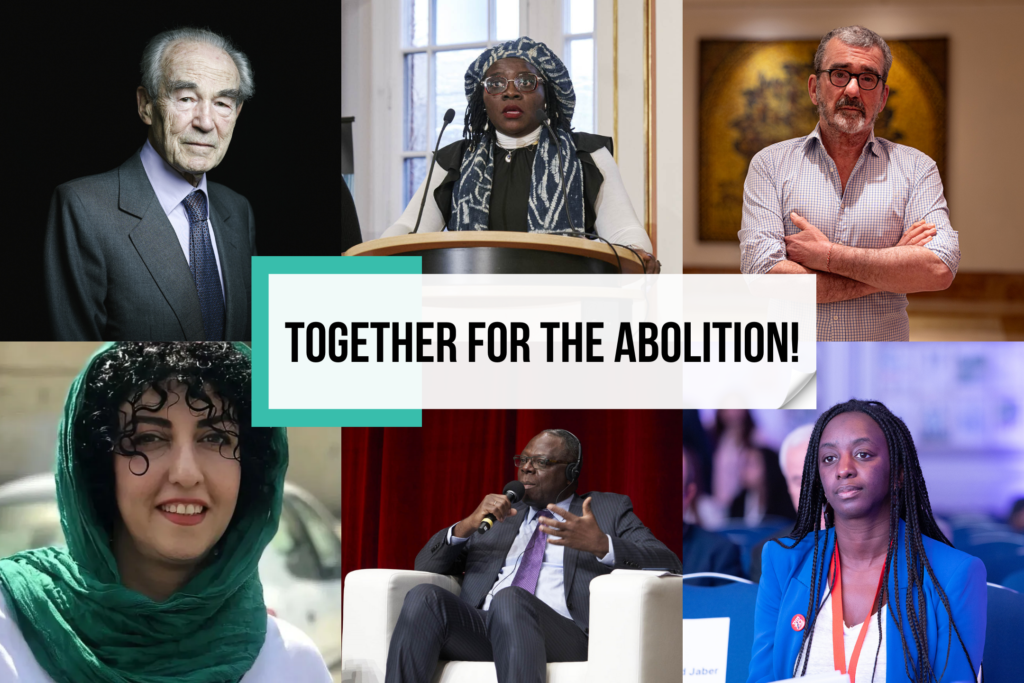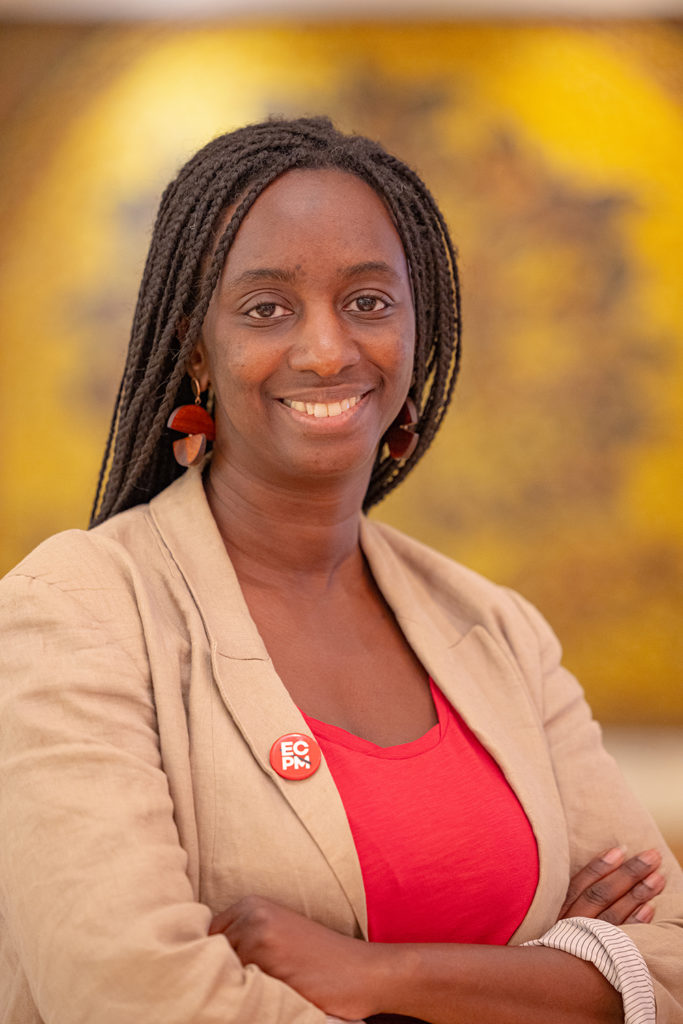
Why support us? A message from Aminata Niakate, President of ECPM

What were the highlights for ECPM in 2023?
ECPM continued its on-the-ground efforts, building on the tremendous momentum generated at the end of 2022 with the unprecedented success of the 8th World Congress Against the Death Penalty in Berlin and the Regional Congress on the Death Penalty, which we organized for the first time in our history in the Middle East, specifically in Jordan, in July 2023. We deployed our teams in about ten countries across three continents to advance our substantive work towards universal abolition. In Asia, for instance, we resumed our advocacy actions and conducted several missions in countries such as Indonesia and Malaysia, among others.
What are ECPM’s priorities for 2024?
2024 will be a year of consolidation and preparation for our upcoming major events, namely our regional congresses and the next World Congress. In addition to our international advocacy, ECPM will continue its presence in French schools, where we conduct significant awareness work with middle and high school students. We will also continue our interventions in prisons. The work is never finished, even here in France, where public opinion can vary significantly on the issue of the death penalty depending on current events and news.
Why support us?
To ensure that the issue of the death penalty remains a concern for all generations, both here in Europe and beyond our borders in Africa, the Americas, Asia, and even in the Middle East. ECPM is a small organisation with about fifteen employees, yet it harbors ambitious goals. It demonstrates a great deal of agility and creativity in its daily operations. Defending fundamental rights and public freedoms is a long-term endeavor, a kind of marathon. This is why your donations are so crucial—to enable us to continue our actions as effectively as possible and to have a meaningful impact on the populations and countries involved.
Make a donation
The money from donations that ECPM receives is used to run our organisation. It allows us to hire professionals who train, advocate and unite around the value of justice that is the abolition of the death penalty. It helps us to conduct support campaigns. Finally, it facilitates the organisation and publication of fact-finding missions, such as our annual report on the death penalty in Iran. Giving to ECPM means helping us to promote a choice of society based on non-violence, it means demanding abolition, now!
Donating money to ECPM allows you to benefit from a 66% tax deduction up to 20% of your taxable income.
Together, let’s keep the good fight!
Let’s continue to join forces: through advocacy and awareness efforts, the dynamics are shifting. Across the Atlantic, surveys indicate that, for the first time, the majority of Americans believe that the death penalty is being applied unjustly in their country.
In Africa, progress continues in the campaign for abolition. In August, Ghana joined the abolitionist side for ordinary crimes, and there are signs of openness in the Democratic Republic of the Congo. For the first time, a press conference on the abolition of the death penalty was held in Lubumbashi during the 21st World Day Against the Death Penalty. In Cameroon, Minister of Justice Laurent Esso met with our teams during a visit to our partner Droits et Paix in Yaoundé. In Asia, Malaysia achieved a historic milestone in April by deciding to abolish mandatory death sentences. This allows many condemned individuals to initiate the review of their sentences.